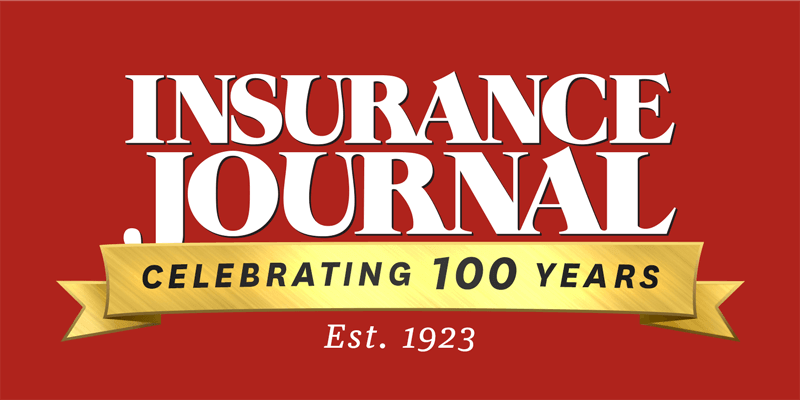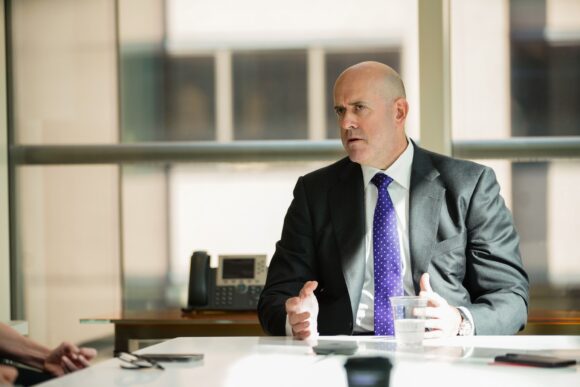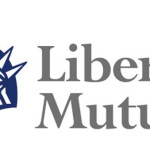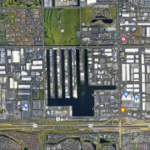Carlyle Group Inc. is engaged in a “critical strategic effort” to manage costs and boost profit margins, Chief Executive Officer Harvey Schwartz said Wednesday after the firm posted a 26% drop in second-quarter earnings. Some of the volatility was attributed to Schwartz’ predecessor’s move to invest heavily in Fortitude Re, a reinsurance firm.
Carlyle’s stock tumbled as much as 12% — the most in almost three months — after Carlyle reported declines in profit available to shareholders and fee-related earnings.
Schwartz, a former Goldman Sachs Group Inc. executive who joined Carlyle as CEO in February, is hammering out a plan to steady the business after years of leadership churn. The firm is undertaking a “line-by-line review” of its entire business and working to impose more discipline on how it grows, he said in a conference call.
It’s also examining how it pays its executives.
“We’re taking a white sheet of paper to this,” said Schwartz, 59.
Distributable earnings fell to $388.8 million, or 88 cents a share, Carlyle said in a statement. That still beat the 67-cent average estimate of analysts surveyed by Bloomberg.
Carlyle shares tumbled 8.7% to $32.39 at 12:04 p.m. in New York, after dropping as low as $31.34 earlier in the day. The stock has gained 8.2% this year, trailing competitors including BlackRock Inc., KKR & Co. and Apollo Global Management Inc.
The pace of investment exits, as well as new deals, slowed for Carlyle’s key funds during the quarter amid an industrywide slump.
Institutional investors, already limited by how much cash they can devote to private equity bets, held off on writing checks during the flurry of recent leadership changes in the past year. The firm, with $385 billion of assets under management, reported a 28% drop in second-quarter fundraising from a year earlier.
Task Forces
Schwartz promoted executives to the C-suite in recent weeks and is still developing a broader strategic plan.
Meanwhile, he launched a task force focused on growing Carlyle’s reach among individuals and in bank wealth channels. The firm has just three products, with about $5 billion of assets, catering to individual investors.
He also asked a team to discuss expanding a capital-markets arm that functions as Carlyle’s in-house investment bank. Building out the unit, which helps portfolio companies secure loans, could help the firm control costs and recoup some of the roughly $1 billion in annual fees it pays to banks.
Read more: Carlyle CEO to Take on Banks by Supercharging Financing Unit
The firm’s fee-related earnings fell 12%, as that group wrestled with the slowdown in deals in the quarter. The private equity business, meanwhile, helped to mitigate some of the pain as its fee-related earnings rose 2%.
Carlyle reaffirmed earlier guidance that it expects 2023 companywide fee-related earnings to fall from last year. It forecasts about $800 million for the year, down from $834 million in 2022.
Rapid Growth
Under Schwartz’s predecessor, Kewsong Lee, Carlyle grew rapidly beyond its buyout roots and expanded into credit through acquisitions. It took a stake in insurer Fortitude Re, gaining assets to help power that lending.
Carlyle’s insurance play has introduced some volatility, contributing to a net loss of $98.4 million, or 27 cents a share, for the second quarter.
The firm took a $104 million charge from the planned dilution of its stake in Fortitude Re. Rising interest rates, meanwhile, eroded the value of the insurer’s balance sheet, crimping the fees Carlyle collects for providing advice.
Schwartz has convened a group to discuss how to broaden the firm’s reach among insurers. He also plans to upgrade Carlyle’s technology infrastructure and find ways to use artificial intelligence more across the firm’s business.
The CEO has to steer the firm through a period when rising borrowing costs are squeezing the industry.
“Our base case is that rates stay higher for longer as we shift away from a decade of zero interest rate policy,” Schwartz said.
Carlyle portfolio company CEOs remain cautious, Schwartz said, but he expressed optimism that dealmaking has been picking up.
Photo: Harvey Schwartz in May. (Christopher Goodney/Bloomberg)
Was this article valuable?
Here are more articles you may enjoy.



 Liberty Mutual Posts Q2 Loss of $585M Driven By Catastrophes
Liberty Mutual Posts Q2 Loss of $585M Driven By Catastrophes  Wall Street WhatsApp, Texting Fines Exceed $2.5 Billion
Wall Street WhatsApp, Texting Fines Exceed $2.5 Billion  No Duty to Defend Doesn’t Mean No Duty to Indemnify, Federal Appeals Court Finds
No Duty to Defend Doesn’t Mean No Duty to Indemnify, Federal Appeals Court Finds  Divers Find 32 Cars Submerged in Lake Near Miami
Divers Find 32 Cars Submerged in Lake Near Miami 

